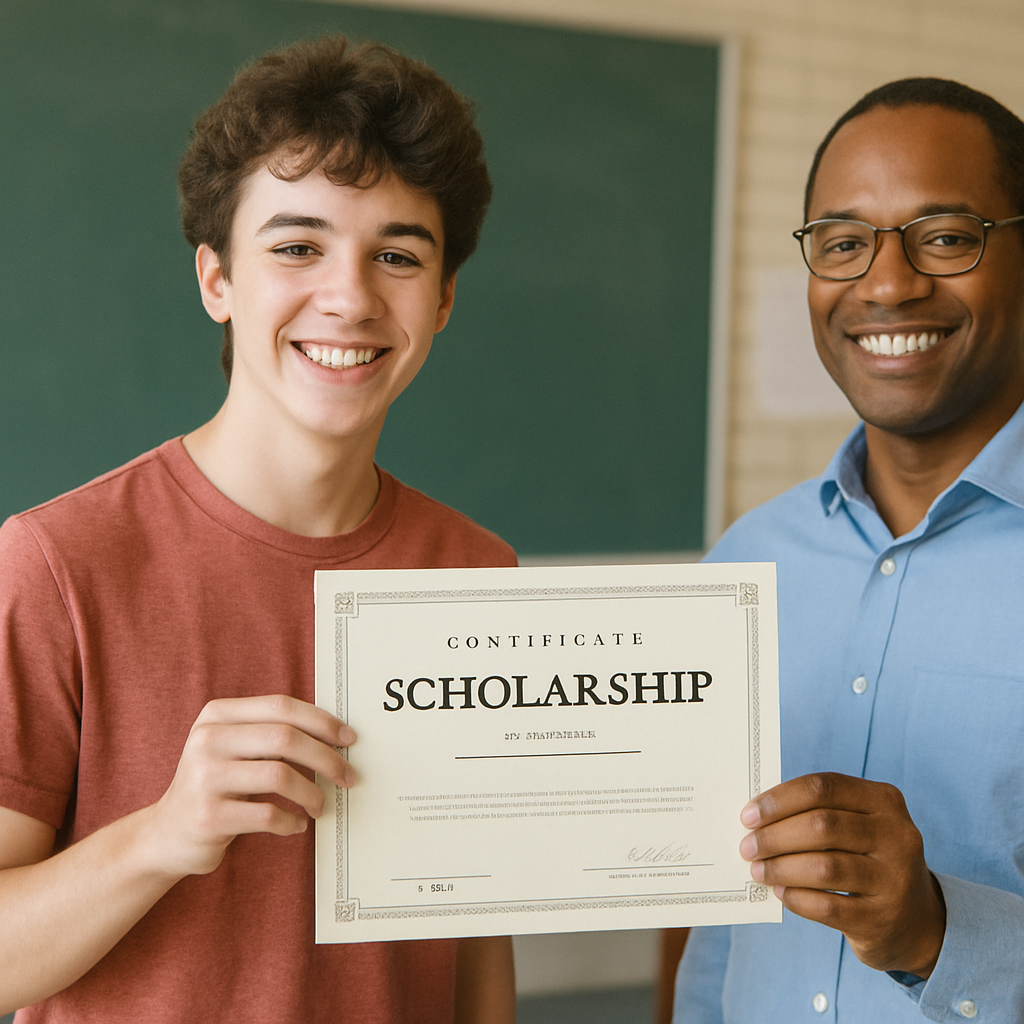Writing a good proposal entails great skills and experience. You have to invest time, money, and willpower to carry out noble work. You also have to convince funders that you have a worthwhile project to help a community or group of people.
However, there are grant writers who often skip some crucial steps in doing proposals. With these flaws, the request will just be a useless document even if it has a good cause.
Writing a Good Proposal and Avoiding these Mistakes
If you will write a grant proposal, steer clear from these blunders:
1. Typographical and grammatical flaws.
Every document is likely to have typographical and grammatical errors. If you overlook it, this harms the whole proposal. It muddles your piece because it creates vague and confusing thoughts.
Proposals that break proper grammar, spelling, and the right placement of punctuation marks are disgusting to funders. This is not because you are not familiar with them, but because you fail to proofread them. Keep in mind that you cannot finish a grant request overnight. If you hastily do the proposal’s narrative, you are bound to commit errors.
2. Using technical jargon and passive wordings.
Jargons have no place on proposals. Funders want you to put off complex words or statements. Make the content graspable and easy to read. You write a proposal not to impress them with your deep and wide vocabulary. A grant differs from a novel or a broadsheet’s column. It informs and solves a problem that weakens a nation, community, household, or certain ethnic group. As such, your approach must be direct and clear.
3. Failure to follow what funders require.
Grants require you to follow instructions. Tailored proposals must adhere to guidelines, and submit requirements. In federal grants, for instance, there are writers who overlook guidelines. Standard proposals differ in approach and attack. In grant competitions of both federal and private agencies, they have rules that you have to take and follow.
4. Lack of coherence.
A good proposal with logical arrangement can explain to funders your real aims. For example, the narrative begins by introducing abortion as its problem and then concludes with a solution on how to end this. This becomes your entity’s backbones to show that you can do the project. If you have an inconsistent proposal, you won’t get funding. This is proof that you cannot shape a coherent point to show how you will address an issue.
5. Lack of information.
An incomplete proposal will have hitches stressing the problem to funders. A proposal that fails to discuss the need makes the problem not that severe and not worthy of the fund. As such, research for more data to stand for the importance of your cause to solve a problem. If you need help, grant writing services can do the research and even the proposal for you.






